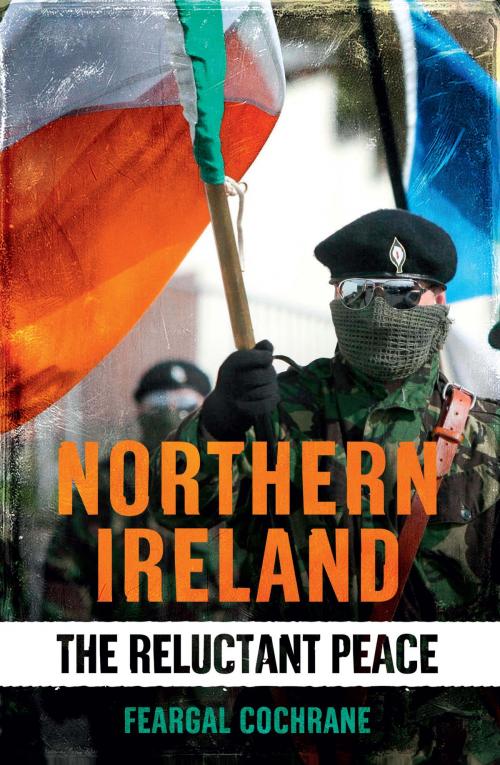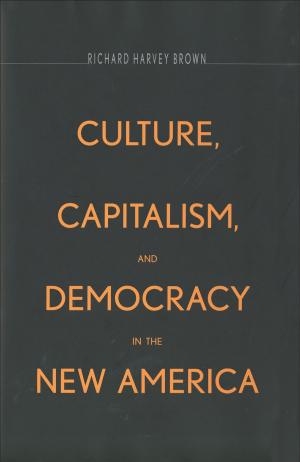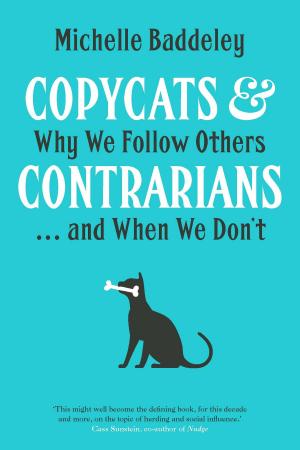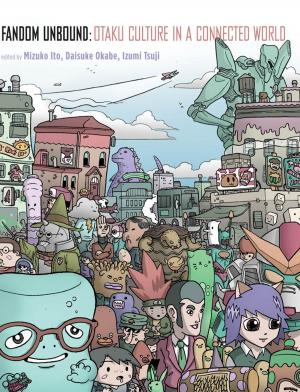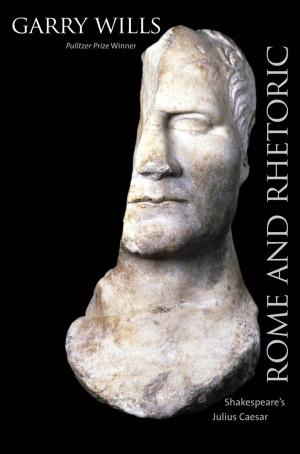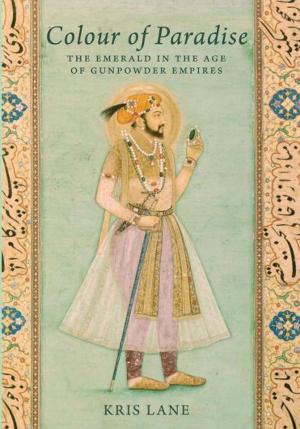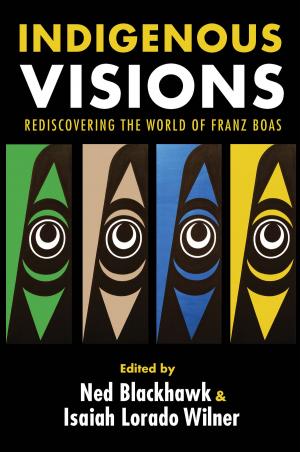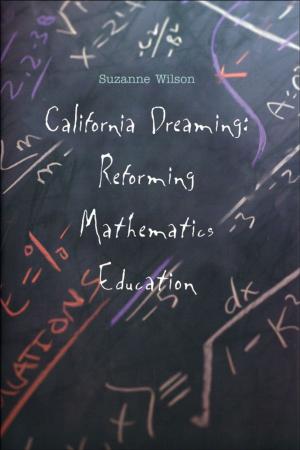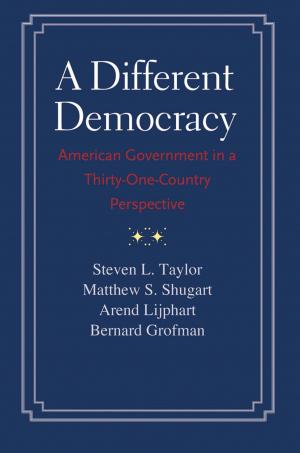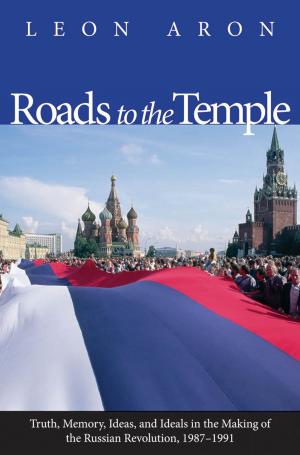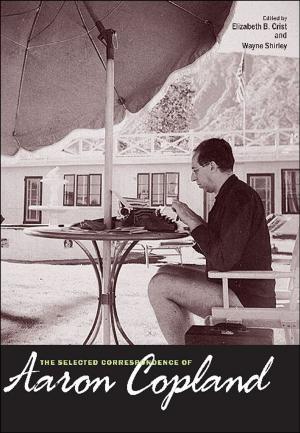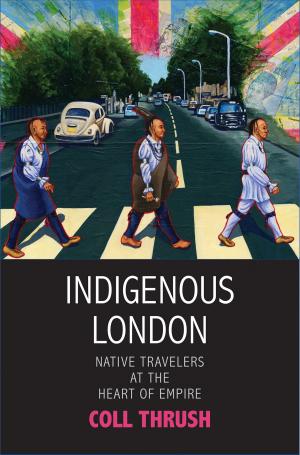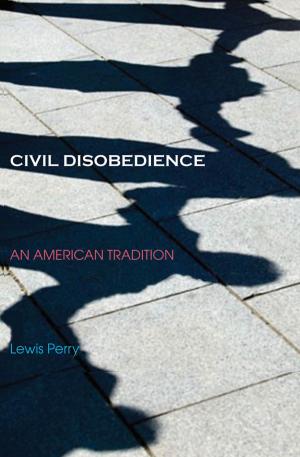| Author: | Feargal Cochrane | ISBN: | 9780300194869 |
| Publisher: | Yale University Press | Publication: | April 15, 2013 |
| Imprint: | Yale University Press | Language: | English |
| Author: | Feargal Cochrane |
| ISBN: | 9780300194869 |
| Publisher: | Yale University Press |
| Publication: | April 15, 2013 |
| Imprint: | Yale University Press |
| Language: | English |
In this thoughtful and engaging book, Feargal Cochrane looks at Northern Ireland’s “Troubles� from the late 1960s to the present day. He explains why, a decade and a half after the peace process ended in political agreement in 1998, sectarian attitudes and violence continue to plague Northern Ireland today. Former members of the IRA now sit alongside their unionist adversaries in the Northern Ireland Assembly, but the region’s attitudes have been slow to change and recent years have even seen an upsurge in violence on both sides. In this book, Cochrane, who grew up a Catholic in Belfast in the ’70s and ’80s, explores how divisions between Catholics and Protestants became so entrenched, and reviews the thirty years of political violence in Northern Ireland—which killed over 3,500 people—leading up to the peace agreement. The book asks whether the peace process has actually delivered for the citizens of Northern Ireland, and what more needs to be done to enhance the current reluctant peace.
In this thoughtful and engaging book, Feargal Cochrane looks at Northern Ireland’s “Troubles� from the late 1960s to the present day. He explains why, a decade and a half after the peace process ended in political agreement in 1998, sectarian attitudes and violence continue to plague Northern Ireland today. Former members of the IRA now sit alongside their unionist adversaries in the Northern Ireland Assembly, but the region’s attitudes have been slow to change and recent years have even seen an upsurge in violence on both sides. In this book, Cochrane, who grew up a Catholic in Belfast in the ’70s and ’80s, explores how divisions between Catholics and Protestants became so entrenched, and reviews the thirty years of political violence in Northern Ireland—which killed over 3,500 people—leading up to the peace agreement. The book asks whether the peace process has actually delivered for the citizens of Northern Ireland, and what more needs to be done to enhance the current reluctant peace.
More books from Yale University Press
We use our own "cookies" and third party cookies to improve services and to see statistical information. By using this website, you agree to our Privacy Policy
